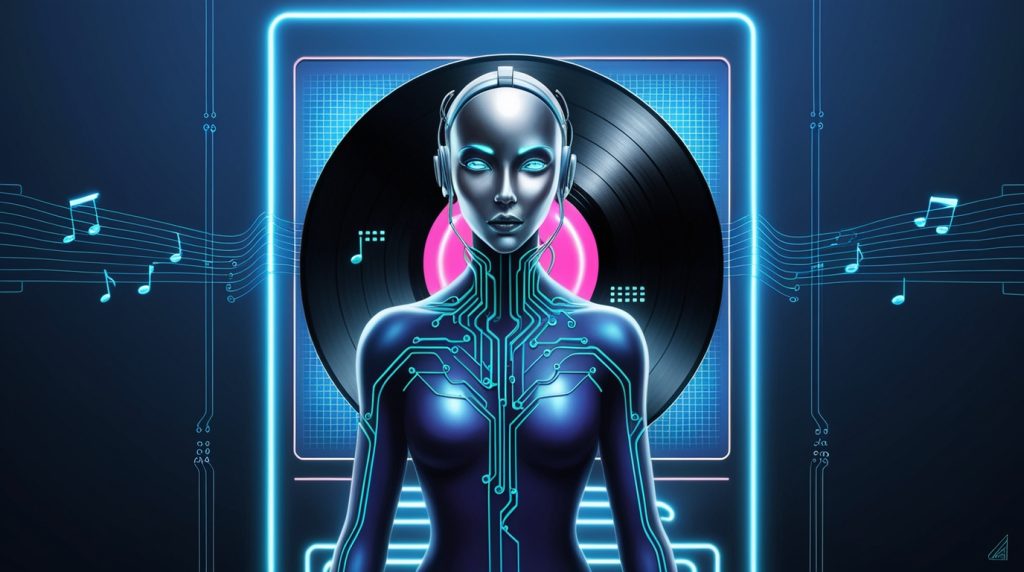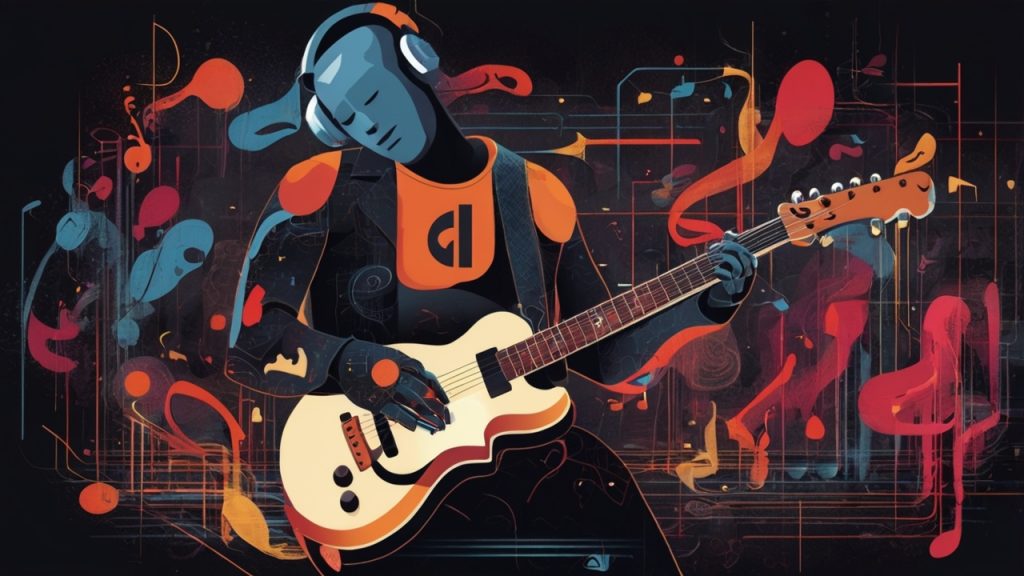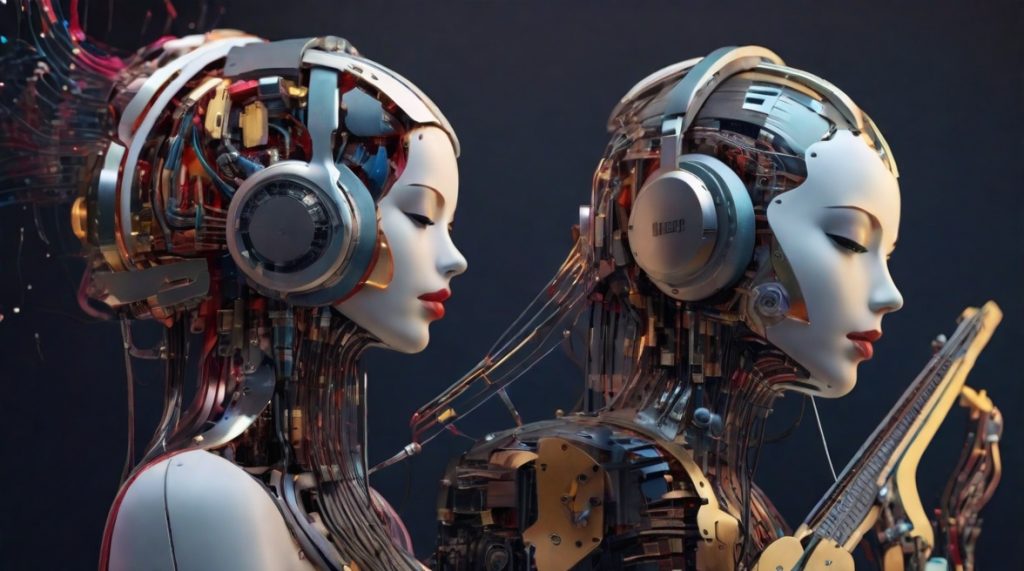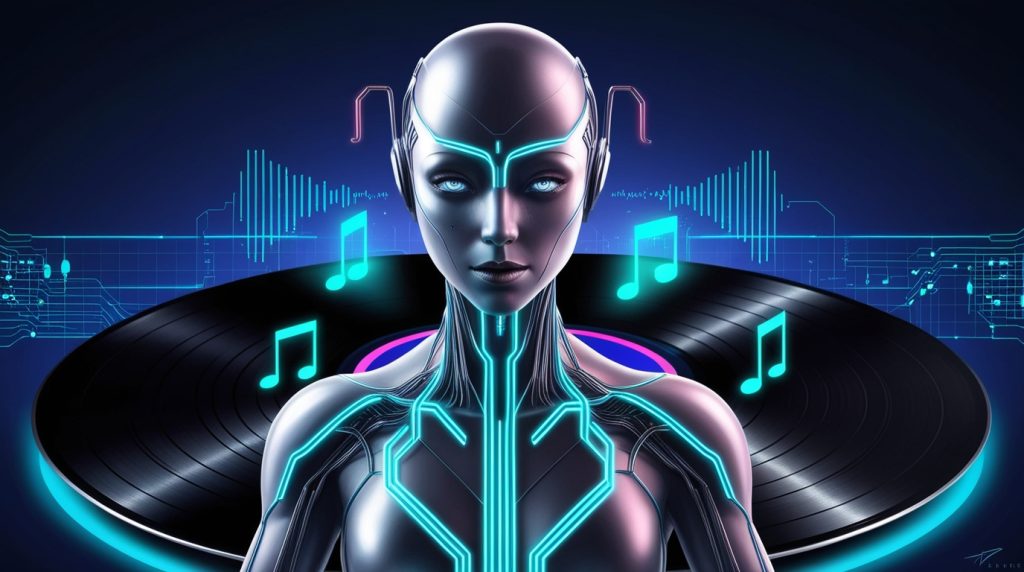In a move that signals a seismic shift in the Indian film industry, renowned Bollywood filmmaker Ram Gopal Varma has announced his decision to abandon human musicians in favor of artificial intelligence (AI) for all future projects. This bold step underscores the rapidly expanding influence of AI in creative industries and has ignited a fierce debate about the future of music production in one of the world’s most prolific film markets.

Varma, the creative force behind popular Bollywood hits such as “Company,” “Rangeela,” “Sarkar,” and “Satya,” has launched RGV Den Music, a venture dedicated exclusively to AI-generated music. The filmmaker plans to utilize AI applications like Suno and Udio to produce music for all his upcoming projects, including feature films. His latest movie, “Saree,” already showcases this approach with an entirely AI-generated background score.
In an interview with TechCrunch, Varma urged fellow artists to embrace AI rather than resist it. “Eventually, the music comes from your thoughts,” he stated. “You need to have clarity on what you want the app to produce. It’s the taste that will matter.”
This development is particularly significant given India’s dominant position in global film production. The country produces between 1,500 and 2,000 movies annually, surpassing all other nations. Its music industry is equally impressive, releasing a staggering 20,000 to 25,000 songs each year. Varma’s shift to AI could potentially reshape this vast creative landscape.
Varma’s decision stems from frustrations with the current music production process. He criticizes composers for frequently missing deadlines and scheduling conflicts, while accusing lyricists of failing to capture the essence of songs. These human factors, he argues, often impede the creative process, making music production both time-consuming and costly. In contrast, AI offers instant results at “zero cost,” according to the filmmaker.

Prospects of AI in Music Production
- Efficiency and Cost-Effectiveness: AI-generated music promises to streamline the production process, potentially reducing costs and time constraints that often plague traditional music creation.
- Customization and Experimentation: AI tools allow for rapid iteration and experimentation, enabling filmmakers to explore a wide range of musical styles and compositions quickly.
- Accessibility: As AI music tools become more user-friendly, they could democratize music production, allowing filmmakers with limited musical backgrounds to create sophisticated scores.
- Integration with Visual Media: AI systems could potentially analyze visual content and generate perfectly synchronized music, enhancing the overall cinematic experience.
- New Creative Possibilities: The combination of human creativity and AI capabilities could lead to innovative musical styles and compositions previously unexplored.
Challenges and Concerns
- Job Displacement: Varma’s prediction that “human musicians, composers, lyricists, and singers will be vastly affected and then completely disappear in the near future” raises serious concerns about employment in the music industry.
- Artistic Authenticity: Critics argue that AI-generated music may lack the emotional depth and nuanced understanding that human musicians bring to their craft.
- Copyright and Intellectual Property: As AI-generated content becomes more prevalent, navigating the complex landscape of copyright law and intellectual property rights will be challenging.
- Standardization of Sound: There’s a risk that overreliance on AI could lead to a homogenization of music, potentially stifling diversity in musical expression.
- Resistance from Traditional Artists: The shift to AI is likely to face strong opposition from established musicians and industry professionals who fear being rendered obsolete.

While Varma’s move has sparked controversy, he claims that many of his filmmaker friends and industry colleagues are excited about AI’s potential. He anticipates that the technology will make further inroads into the Indian movie industry in the coming years.
To address concerns about intellectual property, Varma is collaborating with startups Reclaim Protocol and Story Protocol to secure the IP of his AI-generated songs using cryptographic proofs. This approach could pave the way for new models of rights management in the AI era.
As AI continues to evolve, it’s crucial to strike a balance between embracing technological advancements and preserving the irreplaceable human element in artistic creation. While AI-generated music offers exciting possibilities, it’s unlikely to entirely replace human musicians in the near future. Instead, a hybrid approach that combines AI efficiency with human creativity and emotional intelligence may emerge as the optimal path forward.

Ram Gopal Varma’s bold move serves as a wake-up call for the industry, encouraging artists and producers to explore the potential of AI while also prompting important discussions about the future of creative work in an increasingly automated world. As the debate unfolds, it’s clear that the intersection of AI and music will continue to be a focal point of innovation and controversy in the years to come.
Copyright©dhaka.ai
tags: Artificial Intelligence, Ai, Dhaka Ai, Ai In Bangladesh, Ai In Dhaka, Future of AI, Artificial Intelligence in Bangladesh, Bollywood



